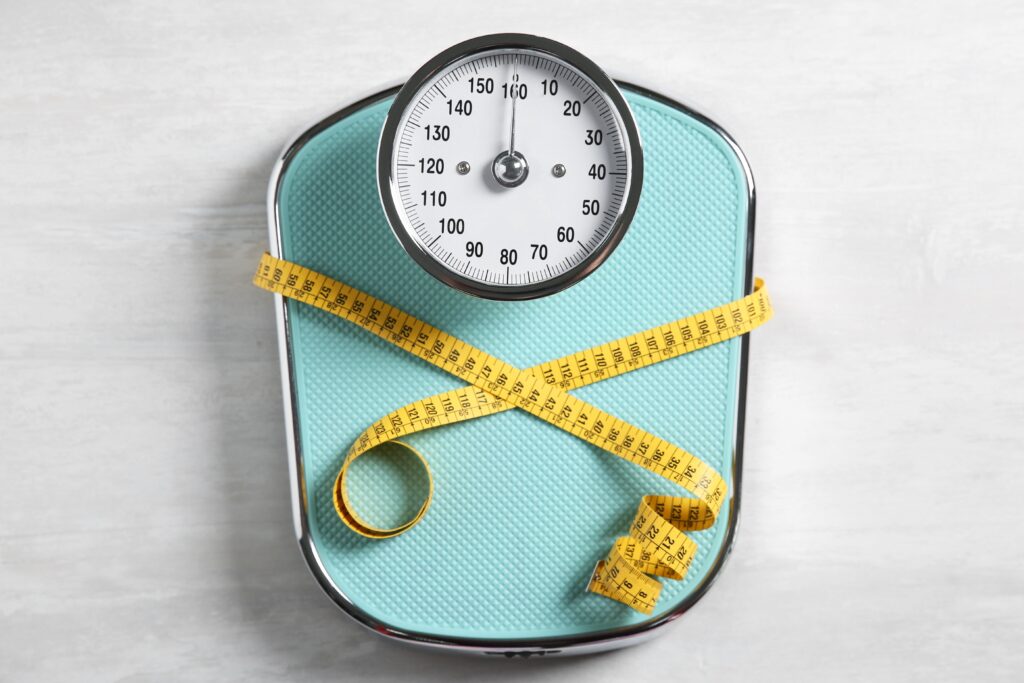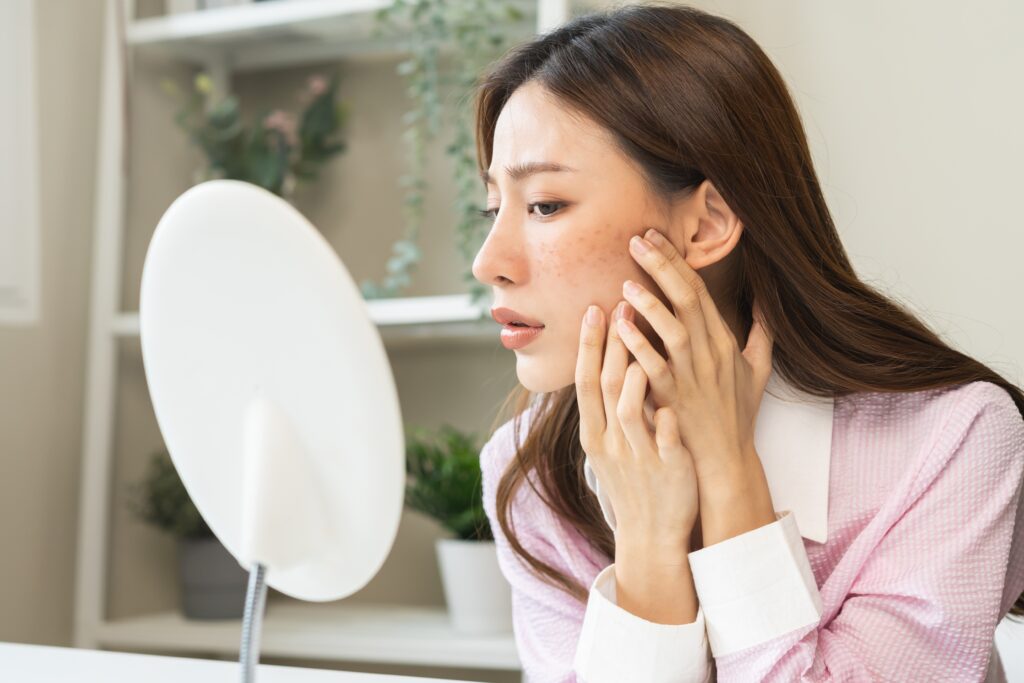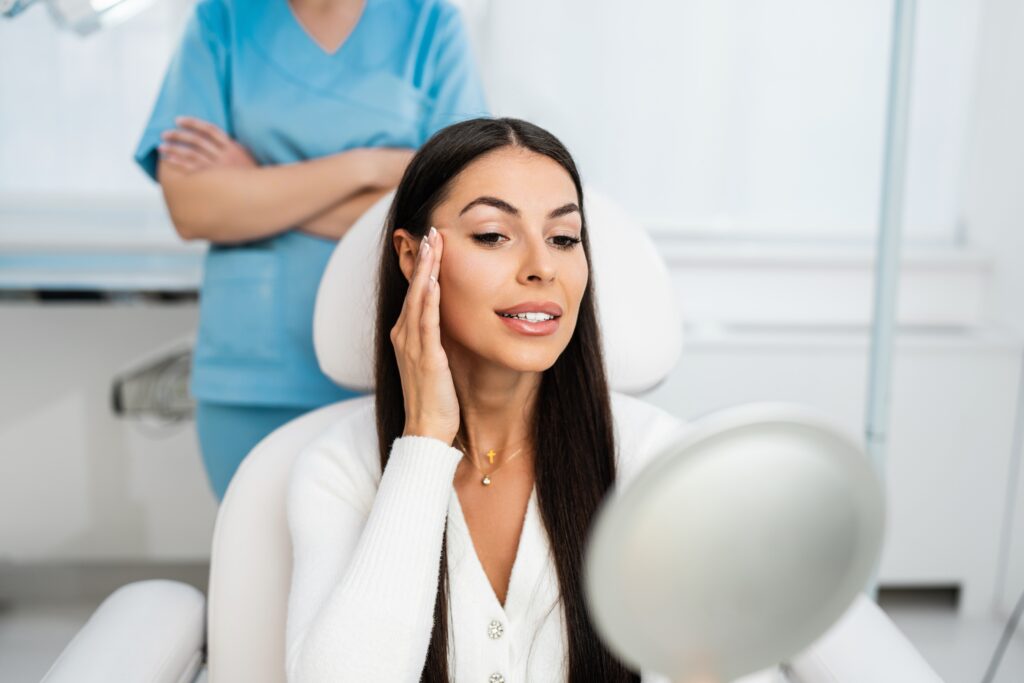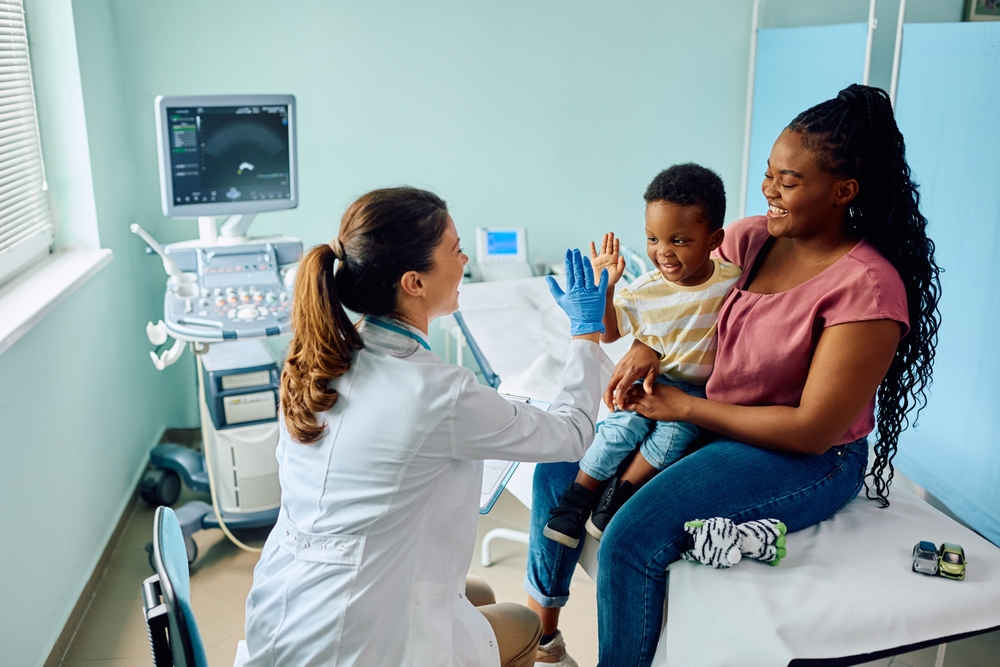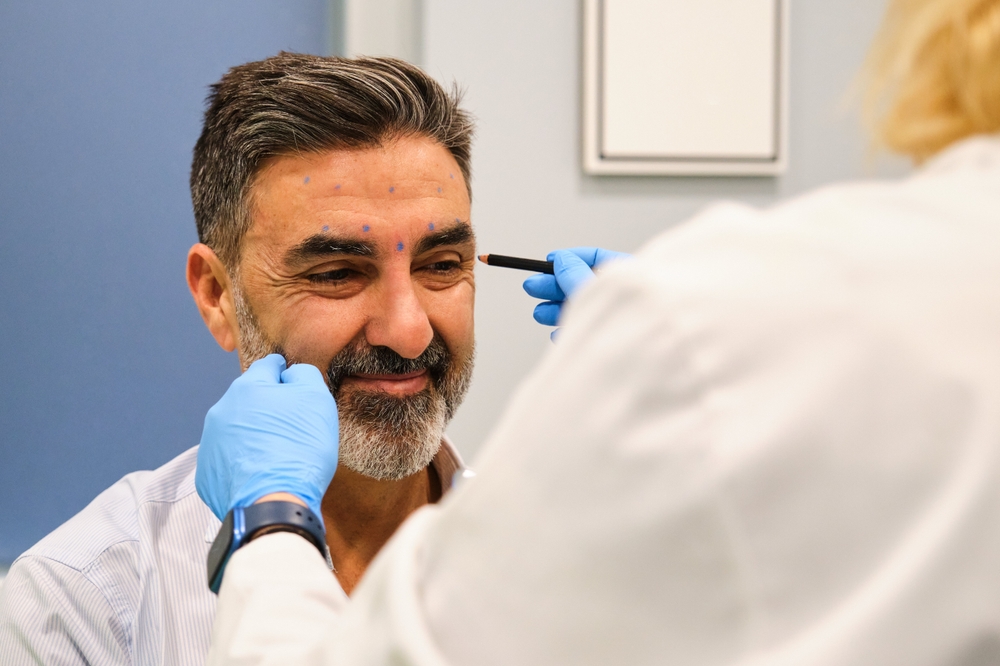Antibiotic use for numerous health issues is a very common practice in medicine today. Some would say overuse in many cases, when they are used where there may only be questionable value to the desired outcome. Beyond medicine, we find them added to foods like shredded cheese and in our meats, and in soaps and household cleaners that we are exposed to regularly. While they are definitely necessary in certain circumstances, concerns with overuse have been growing, especially with the proliferation of antibiotic-resistant bugs and viruses.
Beyond that, they may be taking a toll on your digestive system and predisposing you to early changes that could lead to certain cancers! A Harvard study published in the medical journal Gut last month suggested that taking antibiotics for an extended period in early to middle adulthood might increase your risk for precancerous growths in your colon. The growths, typically polyps or adenomas, can lead to colon cancer if not removed.
While the study did show an association between antibiotic usage and increased risk, it should not be concluded that the antibiotics themselves were the reason for the growths. You have to remember that taking antibiotics will wipe out the bad bacteria as well as the good in the gastrointestinal tract, and it is likely this type of change that may be making someone more susceptible to precancerous lesions. Any disruptions to the normal balance of our gut environment is usually never a good thing, and it appears can cause issues beyond simple digestive issues like bloating or upset stomach.
Best Defense? Keep The Gut Healthy!
The study looked at data on more than 16,600 women 60 and older who took part in the Nurses Health Study, which included antibiotic use between ages 20 and 59. From that group, almost 1200 had precancerous polyps in the colon found on colonoscopy between 2004 and 2010. Through the information collected, it was found that women who took antibiotics for two weeks or more in their 20s through their 50s were more likely to have colon lesions in their 60s than women who didn’t take the drugs for an extended period of time.
And it appears timing of the usage affected the level of risk as well. If prolonged prescription use (say 2 months’ worth total) occurred in the twenties of thirties, polyp risk was 36% higher than non-users. It was showed to be higher if use came later, in the forties or fifties. Even shorter courses of 15 days or more throughout any of those decades demonstrated an increased chance of finding polyps. No information was gathered as far as the type of antibiotics used, or if some of the polyps may have been pre-existing.
The big takeaway from this study should be that if antibiotics aren’t absolutely medically necessary, it may be in your best interest to pass on them if your immune system is healthy enough to combat whatever foreign invader had infiltrated your system. Many times, issues like a routine “flu” can be handled properly without drugs if you support your body well enough and keep foods and substances out that would hinder your body’s natural defense mechanisms.
Foods like sugars, excess carbohydrates and alcohol all depress the immune system and give bacteria a virtual buffet from which to feed on and thrive. Inadequate water intake can lead to constipation and leave your eliminatory system “backed up”, creating a toxic environment in the colon. Inflammation can then damage the lining of the colon and make the tissues susceptible to injury and infiltration by bacteria. Inadequate vitamin D levels can also leave your immune system functioning at less than optimal strength.
As a general rule of thumb, most people would benefit from supplementing with probiotics after a course of antibiotics in order to help repopulate the good bacteria that were likely wiped out by the drugs. We are learning more and more every day about how the “microbiome”, or environment of bacteria in our gastrointestinal tract”, is so important to many aspects of our health. Once it is disrupted, numerous issues can develop, especially if it remains unhealthy for prolonged periods of time.
Early indicators of poor microbiome balance would be reflux, frequent nausea, constipation, diarrhea and bloating/gas. The good news is that they are typically easily corrected with a proper dietary “clean out” program and a supportive diet of the right types of foods. If any of these symptoms are plaguing you on a regular basis, you would likely be a good candidate for one of the programs we offer to help alleviate the issues and restore proper balance to your internal system. It can even help with issues like low energy and poor mental clarity!
And healthy changes could keep you from getting sick less and keep you off antibiotics, then the benefits just may include some degree of cancer prevention as well!


